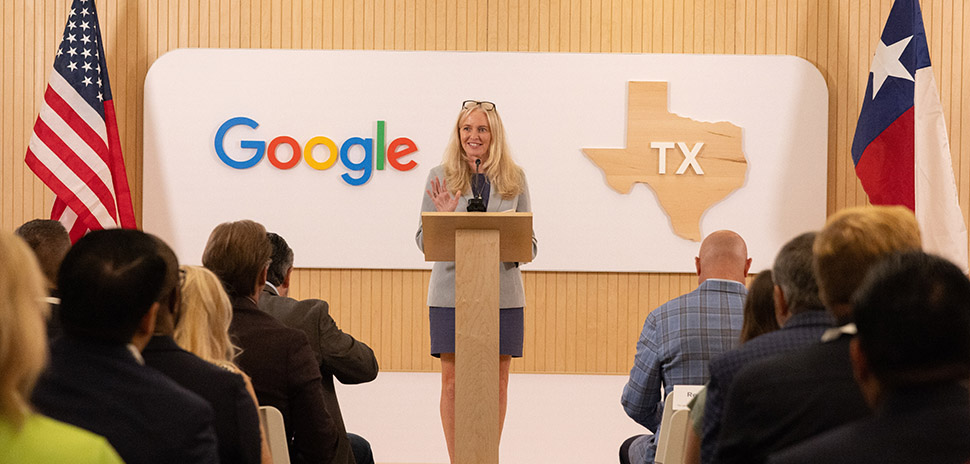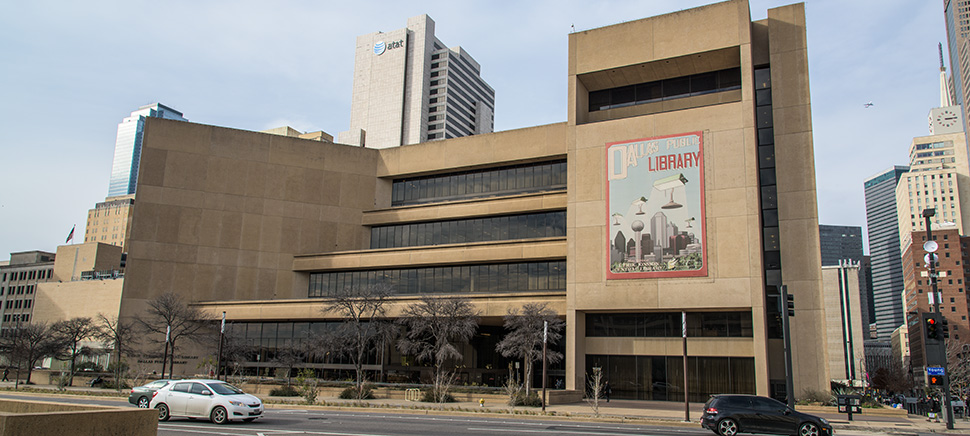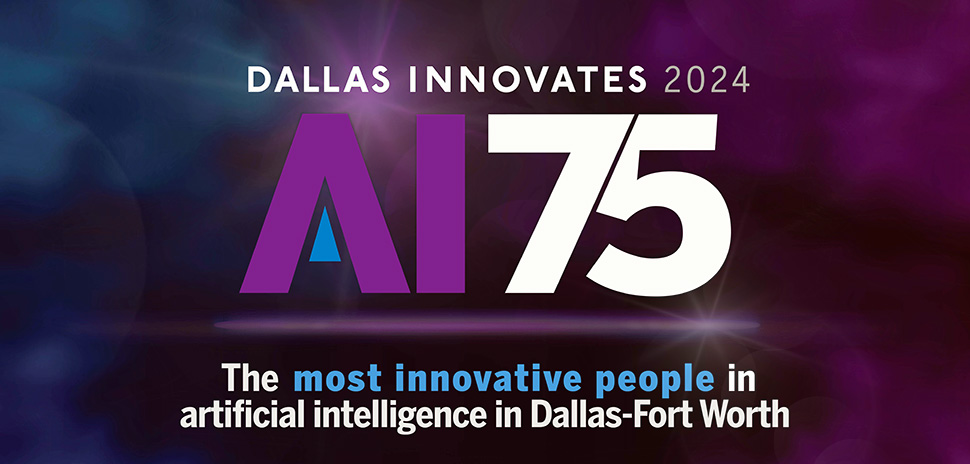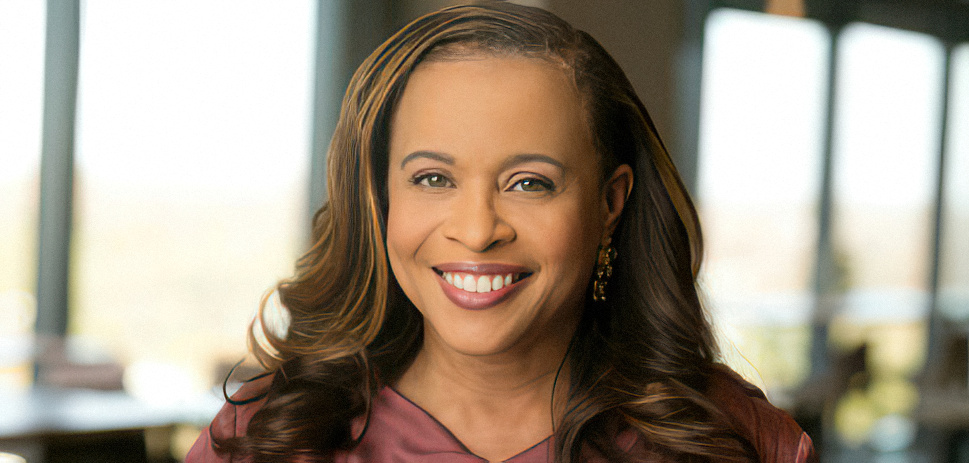Google’s “Dallas cloud region” was announced by the company in 2022, creating just its second region in the central U.S. and its 11th in North America—leading to the development of sprawling North Texas data center campuses in Midlothian and Red Oak. Today, the region got a major additional economic boost.
Google announced plans Thursday to invest more than $1 billion in Texas this year to support its cloud and data center infrastructure. The announcement was made at an event at Google’s Midlothian data center campus, with speakers including U.S. Senator Ted Cruz, U.S. Congressman Jake Ellzey, and Google representatives.
The Mountain View, California-based company said its investment in its data center campuses in Midlothian and Red Oak “will help meet growing demand for Google Cloud, AI innovations, and other digital products and services that people and organizations use every day, such as Search, Maps, and Workspace.”
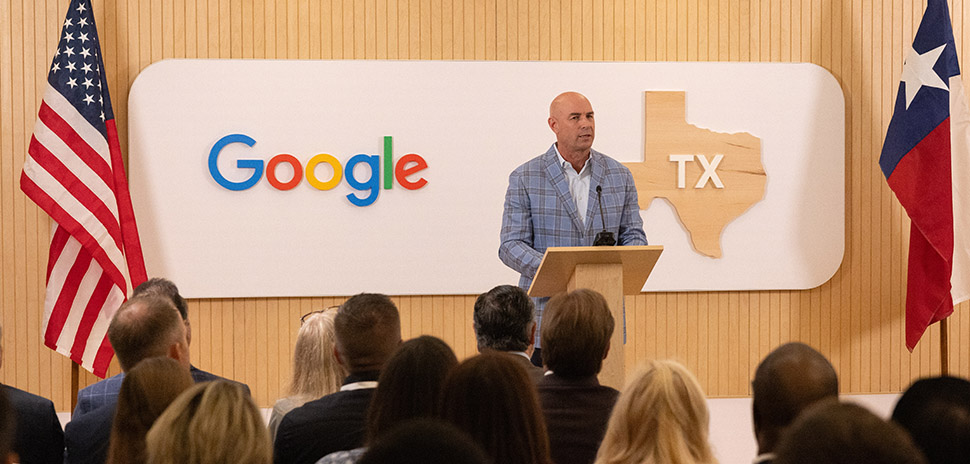
U.S. Rep. Jake Ellzey’s district includes the city of Midlothian, where today’s announcement event was held. [Photo: Google]
The Dallas cloud region is part of Google Cloud’s global network of 40 regions, which deliver high-performance and low-latency services to large enterprises, startups, and public sector organizations, the company noted, saying that customers benefit from key controls that allow them to maintain “the highest security, data residency, and compliance standards, including specific data storage requirements.”
Citing Texas’ ability ‘to lead in the digital economy’—with $2.7B invested to date
“We’re thrilled to strengthen our commitment to Texas,” Yolande Piazza, VP of financial services at Google Cloud, said in a statement. “Expanding our cloud and data center infrastructure in Midlothian and Red Oak reflects our confidence in the state’s ability to lead in the digital economy.”
“Together with Texas’s talent and vibrant customer base, we’ll meet growing demand for Google Cloud and AI to help shape the future of technology,” Piazza added.
Today’s announcement brings Google’s total investment in Texas to more than $2.7 billion, the company said.
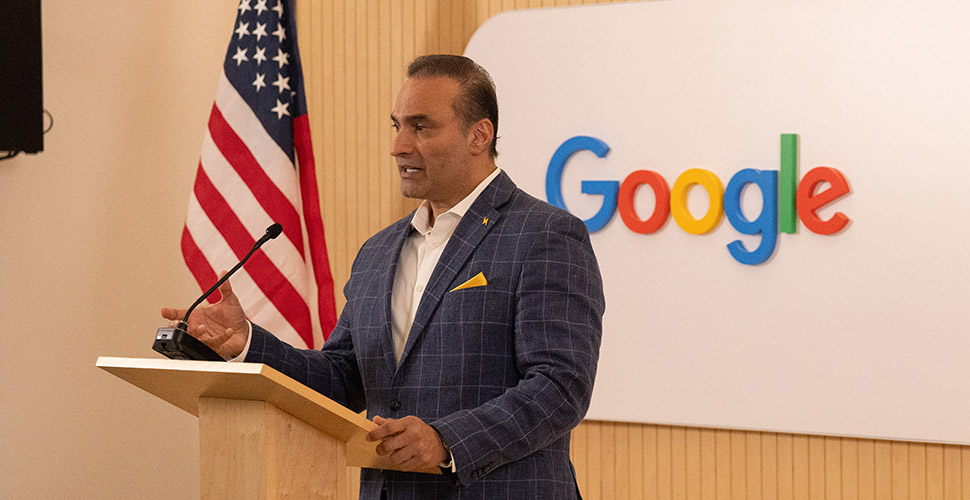
Shadman Zafar, the DFW-based co-CIO of Citi Group, spoke at today’s event. [Photo: Google]
Provided $47B in economic activity in Texas in 2023
Google said that in 2023 alone, it helped provide more than $47 billion in economic activity for hundreds of thousands of Texas businesses, publishers, nonprofits, creators, and developers.
Google noted that it has helped train over 1 million Texas residents in digital skills through partnerships with 590 local organizations, including public libraries, chambers of commerce, and community colleges.
Signing power agreements with solar companies
Data centers require huge amounts of energy. Google said it aims to accelerate its clean energy efforts by signing long-term power purchase agreements with Elawan, Engie N.A., Grupo Cobra, and X-ELIO for solar energy based in Texas.
“Together, these new agreements are expected to provide 375 MW of carbon-free energy capacity, which will help support Google’s operations in Texas,” the company said.
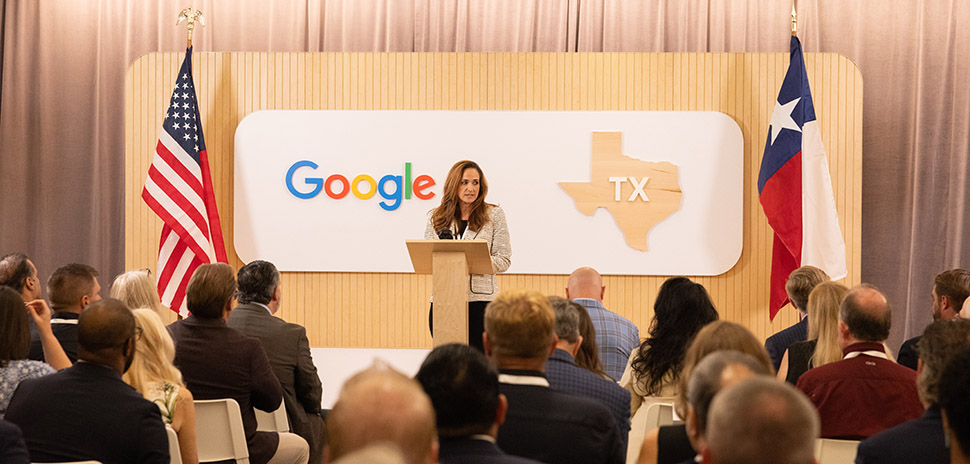
Jessica Placker, operations manager at Google’s Midlothian data center. [Photo: Google]
The company said the agreements were facilitated through LEAP (LevelTen Energy’s Accelerated Process), which was co-developed by Google and LevelTen Energy to make sourcing and executing clean energy PPAs more efficient. The program contributes to Google’s 2030 goal to run on 24/7 carbon-free energy on every grid where it operates, the company added.
Google said it has contracted with energy partners to bring more than 2,800 megawatts of new wind and solar projects to the state. Google’s CFE percentage in the ERCOT grid region, which powers its Texas data centers, nearly doubled from 41% in 2022 to 79% in 2023, the company said. Google added that as it continues to grow, it will focus on energy innovation and exploration “to implement cutting-edge generation and grid-enhancing technologies, to help build a more advanced grid for the future.”
In addition to its cloud region and Midlothian data center, Google has an additional presence across Texas with offices Dallas, Austin, and Houston. The company has had a presence in the Lone Star State since 2007.
For more on Google’s Texas economic impact, profiles and reports are available here.
![]()
Get on the list.
Dallas Innovates, every day.
Sign up to keep your eye on what’s new and next in Dallas-Fort Worth, every day.

